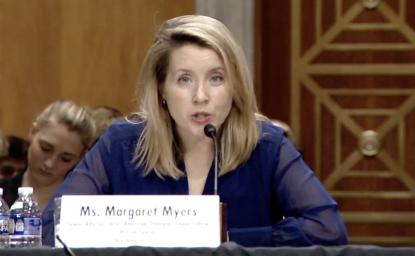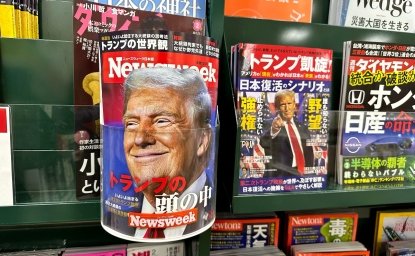Despite the intense focus on China's rise, the United States has yet to confront the most challenging question posed by this power shift: Should it pursue a strategy of limited geopolitical accommodation to avoid conflict? U.S. policy continues to focus almost entirely on preserving the geopolitical status quo in Northeast Asia. Given the shifting power balance in Asia, however, there are strong theoretical rationales for considering whether significant changes to the status quo could increase U.S. security. A possibility designed to provide the benefits of accommodation while reducing its risks is a grand bargain in which the United States ends its commitment to defend Taiwan and, in turn, China peacefully resolves its maritime disputes in the South China and East China Seas and officially accepts the United States' long-term military security role in East Asia. In broad terms, the United States has three other options—unilateral accommodation, a concert of Asian powers, and the current U.S. rebalance to Asia. Unilateral accommodation and the rebalance have advantages that make the choice a close call, but all things considered, a grand bargain is currently the United States' best bet.
Journal Article, International Security, volume 29, issue 4, pages 49-90 Spring 2015
This journal was originally published by Belfer Center for Science and International Affairs at the Harvard Kennedy School.






